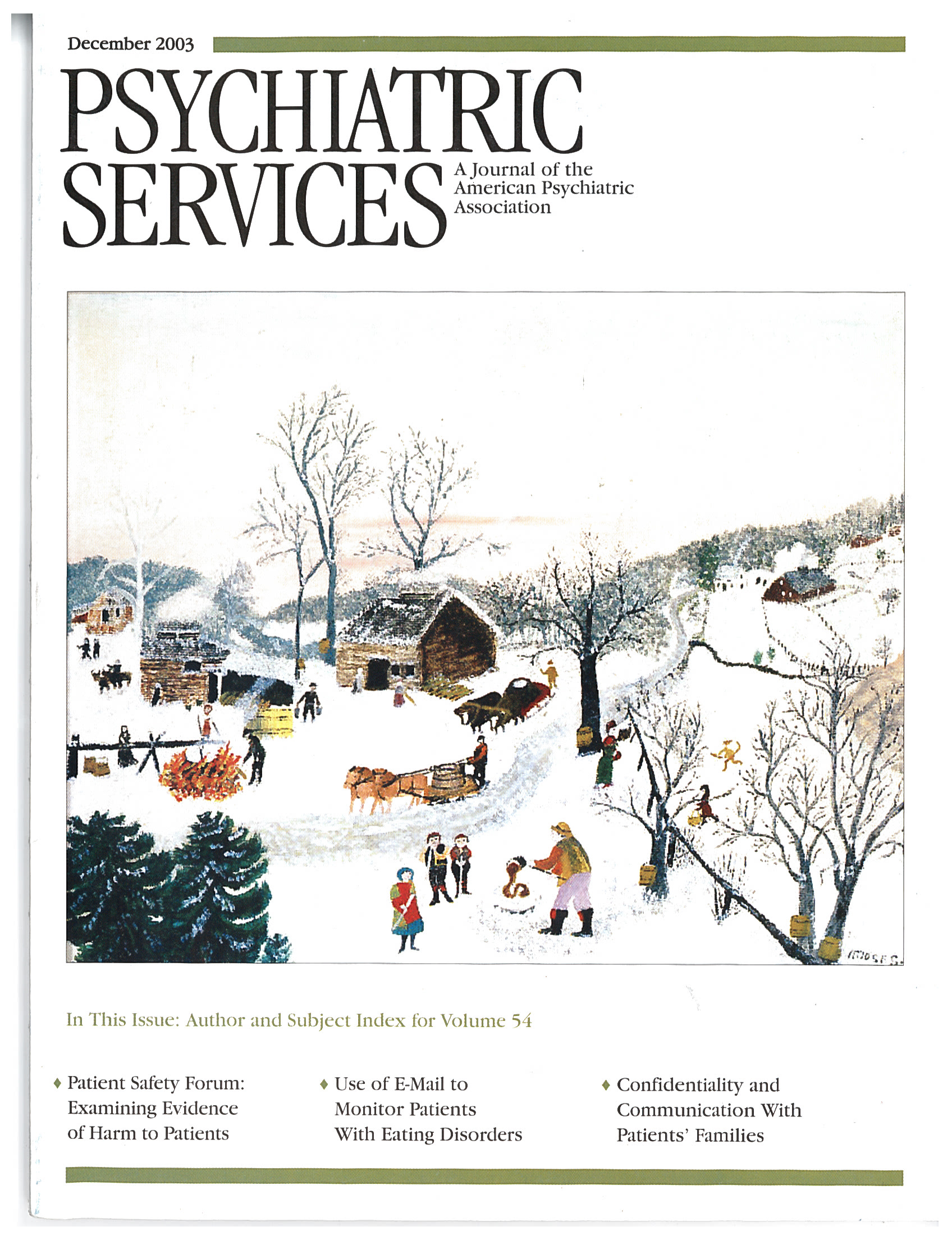This is a biographical novel about Clara Wieck Schumann, wife of Robert Schumann and a noted pianist and composer in her own right. Clara's life will interest mental health professionals on several levels. Her childhood experiences would make a rich psychoanalytic case study. Her married life was devoted to caring for a famous composer who experienced severe episodes of bipolar disorder. Supporting a household of eight children and a creative but difficult husband, she managed to sustain a brilliant career and worldwide renown as a pianist. Yet, in subordinating her own genius to that of her husband, she embodied the self-abnegation and frustrations of most gifted women of her era and, to a lesser extent, our own.
Born in Leipzig in 1819, Clara Wieck grew up immersed in music. Her father was a noted piano teacher, her mother a concert singer. At age five Clara was abandoned by her mother; at age seven she lost her nanny. Raised by a rigid, demanding father who began her piano lessons when she was five years old, Clara became a child prodigy and later a famous concert pianist. She was acclaimed throughout Europe and appointed Royal and Imperial Chamber Virtuosa to the Austrian Court.
Herr Wieck is depicted as a domineering Pygmalian who molded his daughter's art, forced her to perform endless concert tours, dictated her diary, censored her letters, and expected unquestioning obedience. Her growing love for Wieck's one-time pupil, Robert Schumann, was carried out in secret correspondence and in defiance of her father's vehement opposition. After finally rebelling and marrying Robert at age 21, she was publicly reviled and sued by her father, deprived of her concert earnings, and vindictively ignored until Robert's growing prominence generated Herr Wieck's grudging reconciliation.
Robert is portrayed as a passionate romantic and reader of philosophy but also as a big spender and drinker, childish and self-absorbed. Although he ended his life in a psychiatric hospital, for most of his career he was a productive composer. But he was also subject to insomnia, unpredictable rages, and delusions of being poisoned by doctors, and he projected much of his anger onto his long-suffering wife. The book clearly suggests that his accomplishments as a musician rested on Clara's willingness to nurture and to place her husband's welfare above her own.
Scottish novelist Janice Galloway, winner of prestigious book awards, uses the fictional form to explore mood, motivation, and the experiential aspects of creativity and paranoia. Her description of Schumann's cycling offers rather brilliant insights into the cognitive rationales and the feeling states of manic-depressive illness. The depiction of Robert's treatment is grounded in medical history: cupping, leeching, hydrotherapy, mesmerism, and after hospitalization, deliberate isolation of the patient from loved ones to minimize excitement. For readers who are interested in the lives and treatment of creative artists with bipolar disorder, the trials of those who care for them, and gender inequities in self-fulfillment, this book offers valuable insights.

